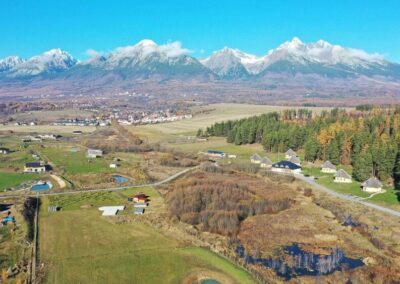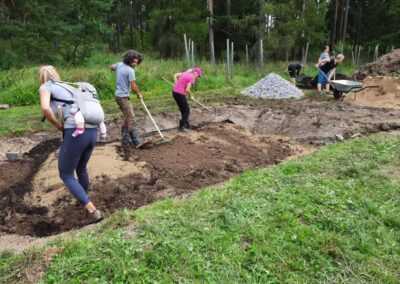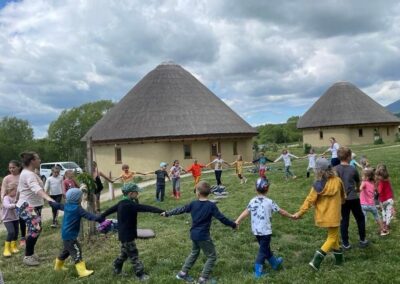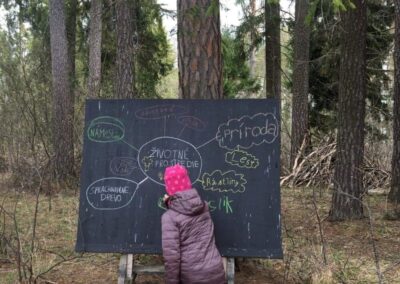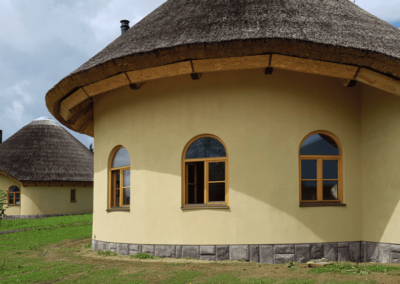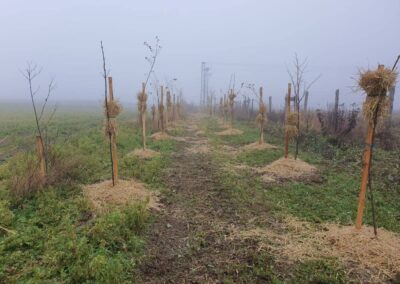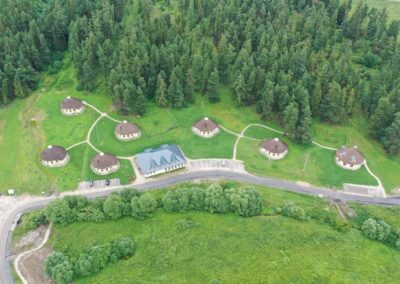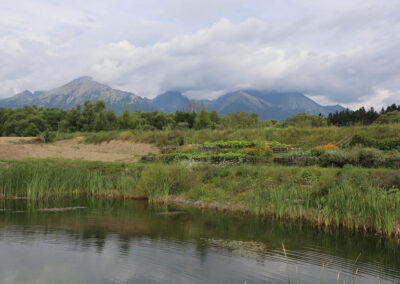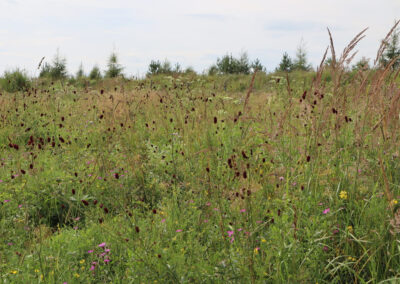Krásné Sady Mlynica

Basic info
Country:
Area:
Population:
Density:
Summary:
References:
https://krasnesady.sk/category/novinky/
https://www.zpr.sk/sk_SK/ecovillage-project-krasne-sady/
https://krasnesady.sk/category/novinky/
https://www.tatry.sk/zariadenie-lesnej-pedagogiky-krasne-sady/
https://www.instagram.com/krasnesady/
https://www.facebook.com/KrasneSady/?locale=sk_SK
https://www.rtvs.sk/televizia/archiv/15603/467713#592
https://karki.sk/realizacia/centrum-lesnej-pedagogiky-krasne-sady-mlynica/
https://szuskrasnesady.edupage.org/a/projekty?utm_source=chatgpt.com
Keywords
Gallery
“The concept of an ecovillage is globally known as a laboratory where people experiment independently to find the best solutions for living.”
Issues Addressed
Krásne Sady Mlynica is an unconventional development project classified as Low-Impact Development. Located a few kilometers from the urban centre Poprad and situated at the foothills of the High Tatras, offering stunning views of the mountain range.
The location faces significant pressure from human activity and climate change. The area has been affected by intensive agriculture, landscape fragmentation, and a gradual loss of biodiversity. Prolonged droughts in recent years, combined with sudden heavy rains, have highlighted the need to restore natural ecosystems.
Nearby areas around Mlynica struggle with a lack of natural water features and increased soil erosion risks. Revitalisation efforts are complicated by fragmented land ownership and limited awareness among local communities about the importance of ecological solutions.
Approaches and Solutions
In the Slovak context, this is an experimental development project with a significant focus on ecological practices. It actively contributes to landscape and biodiversity restoration. The main goal of Krásne Sady Mlynica is to create a harmonious environment that combines ecological principles with the long-term needs of modern housing development. Landscape restoration is integrated into the economic development plan.
In collaboration with the municipality of Mlynica, a comprehensive zoning plan was developed. This plan includes detailed land-use regulations, building restrictions, and recommendations to ensure sustainable development aligned with the principles of an ecovillage.
A key approach is the use of permaculture design principles. The project started with planting traditional tree species, preserving native forest vegetation, creating biostrips, willow wetlands, small water bodies, and implementing water retention measures. These actions significantly impact the local climate positively, reflected in increased biodiversity, improved water system quality, and soil protection. As a result, Krásne Sady Mlynica is an exemplary model of climate-positive design.
Another vital phase was creating infrastructure to support community development and education. Krásne Sady Mlynica emphasises community activities, including permaculture workshops, seasonal celebrations, and events focused on environmental education.
An integral part of the development is an internal ecological manual for residents. This manual regulates plot development density, construction materials, resource autonomy, the number of trees planted on plots, water retention and permeable measures, partial food self-sufficiency, and more.
Actors and Stakeholders
Krásne Sady Mlynica brings together active local residents and the civic association “Krásne Sady,” who lead initiatives for nature conservation and community development. Local associations and volunteers play a crucial role in landscape revitalisation projects and community event organisation. They work together to restore the landscape, plant traditional tree species, and support ecological agriculture.
Collaboration with ecology experts drives innovation and creates funding opportunities through grant schemes. This concept merges current housing needs and development demands with harmony and respect for the surrounding landscape.
Challenges and Opportunities
Krásne Sady Mlynica faces several challenges, primarily maintaining the ecological manual’s rigorous standards. The project’s ambitious environmental goals have been progressively achieved but require additional funding to enhance missing infrastructure, public spaces, and further ecological development. A challenge is also to balance the benefits of this type of development on one hand, and the related increased land consumption on the other hand.
On the other hand, the project presents significant opportunities for ecological and cultural initiatives, which could attract more resources and strengthen community ties. Improved collaboration between the municipality, landowners, and experts could accelerate planning and execution, delivering long-term benefits to the entire region.
Outcomes and Lessons Learnt
Krásne Sady Mlynica exemplifies the integration of sustainable development with active local community involvement. Through planning based on permaculture principles and landscape restoration, biodiversity has improved, and a landscape-rich environment has been created.
Demographic trends indicate stability and modest growth. Interest in the area from new residents is rising, as its emphasis on sustainable development attracts individuals seeking an eco-conscious lifestyle. These factors contribute to the region’s long-term development and economic stability.
Krásne Sady has significant replication potential.
Selected major projects and awards
- Forest Pedagogy Facility (European Agricultural Fund for Rural Development project)
- Daytime Forest Camps
- Private Art Primary School: Zuzana Kráľová School

